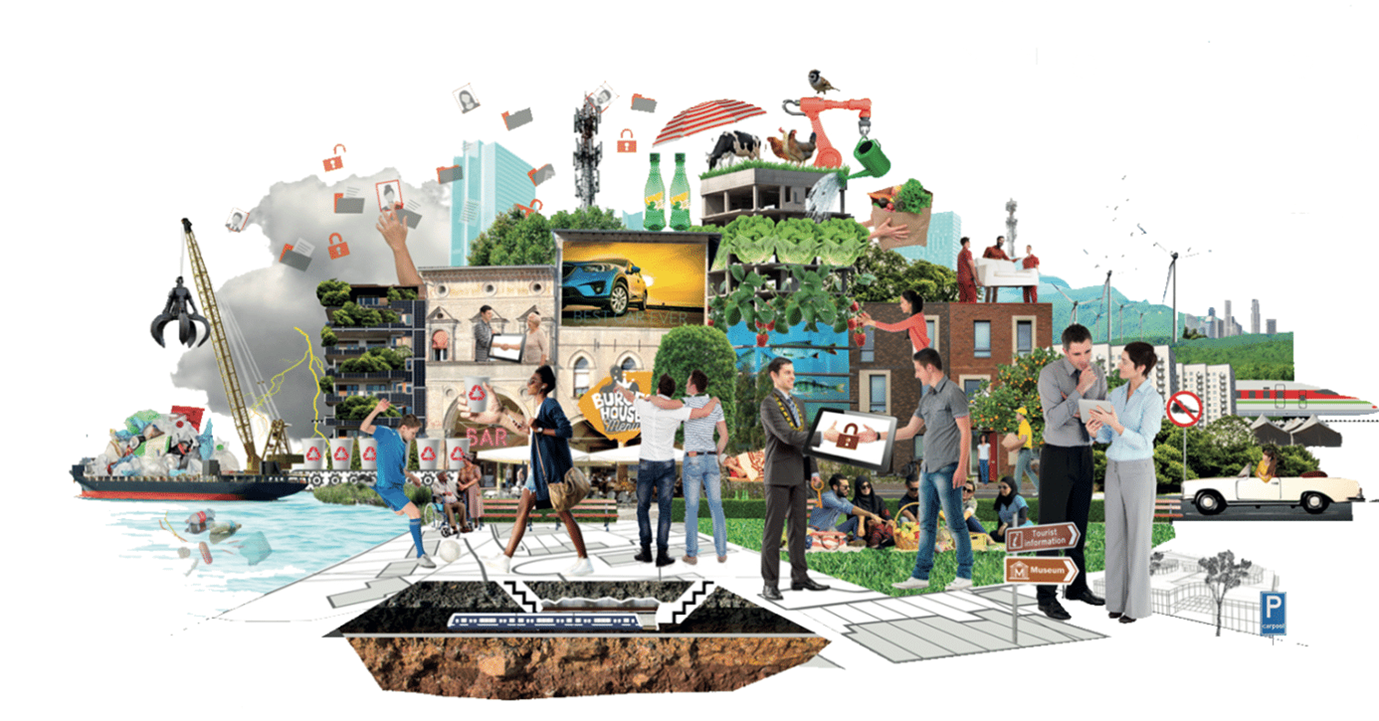The new ENHANCE project aims to improve urban travel sustainability and equity by understanding current barriers for the application of 15-minute city (15mC) principles in outer metropolitan areas and small cities. Based on this understanding the project will propose strategies to overcome current obstacles in achieving more sustainable and equitable travel patterns. The 15mC concept is gaining momentum to improve the sustainability of cities. Ensuring that residents have their most important services locally accessible through short walking, cycling and public transport trips is an important step towards limiting greenhouse gas emissions, reducing air pollution, and creating more healthy living environments. While the concept has been adopted by many major cities (e.g., C40, 2020), empirical evidence on the success of 15mC policies is so far limited. ENHANCE is funded by the Driving Urban Transitions to a Sustainable Future (DUT) programme of JPI Urban Europe.
The project concentrates on three main tasks:
- Creating multi-modal composite accessibility indicators that capture progress towards 15-minute city goals and that highlight the degree to which daily travel needs can potentially be fulfilled within local trips.
- Analysing actual travel behaviour in relation to the 15-minute city objectives to describe the degree to which different societal groups fulfil their daily travel needs by local trips in practice and to understand current barriers to meeting sustainable travel objectives.
- Develop a modelling environment that allows the development of future scenarios that enhance accessibility by the provision of transport infrastructure, adapting travel behaviour or (re)developing the city.

